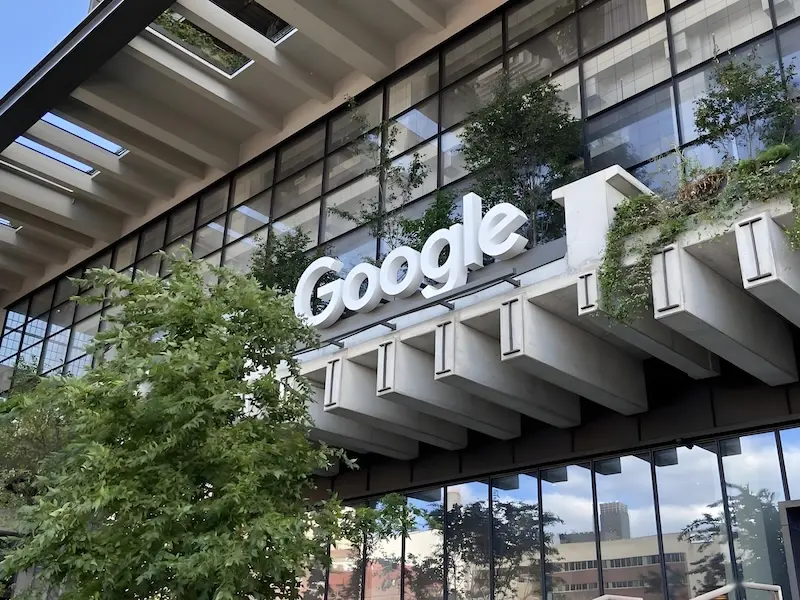- Google will buy 50,000 metric tons of nature-based carbon removal credits from Brazilian startup Mombak, marking its first carbon project in South America.
- The deal signals growing interest in nature-based solutions, but critics argue carbon offsets let companies avoid directly reducing emissions.
OUR TAKE
Google’s purchase of nature-based carbon credits signals growing corporate interest in natural solutions like reforestation to combat climate change, expanding beyond engineered carbon removal methods.
–Jennifer Yu, BTW reporter
What happened
Google has agreed to buy 50,000 metric tons of nature-based carbon removal credits by 2030 from Brazilian startup Mombak, marking its first involvement in carbon projects in South America. Mombak restores degraded land in the Amazon by replanting native species.
This follows a similar move by Microsoft, which signed a deal with Mombak last year to buy up to 1.5 million credits. Financial terms of Google’s deal weren’t disclosed, but Mombak previously priced its credits at over $50 per ton.
Mombak’s CTO, Dan Harburg, called Google’s participation a “positive signal” for the sector, hoping it will inspire more deals.
The announcement coincides with New York’s Climate Week, during which major companies, including Google, pledge to support nature-based carbon removal projects. However, critics argue that carbon offset schemes allow companies to continue emitting greenhouse gases instead of directly cutting emissions.
Also read: Google halts $200M data centre project in Chile over environmental concerns
Also read: Google asks tribunal to dismiss $9.3B UK lawsuit over search ‘dominance’
Why it’s important
Google’s first purchase of nature-based carbon removal credits marks a shift in its climate strategy, moving from engineered solutions to natural methods like reforestation.
By partnering with Mombak, which restores degraded land in the Amazon, Google is supporting carbon sequestration and biodiversity while helping to preserve a critical ecosystem. The Amazon, a key carbon sink, faces threats from deforestation, and Google’s investment aids in its restoration. This move could inspire other companies to invest in similar projects.
While Google’s investment in carbon removal credits shows progress, it also raises questions about the effectiveness of carbon offset markets.
Critics, including environmental group, argue that offsets allow companies to continue emitting greenhouse gases without directly cutting their emissions. As more companies turn to offsets, the scrutiny over their role in corporate climate strategies will likely increase.

